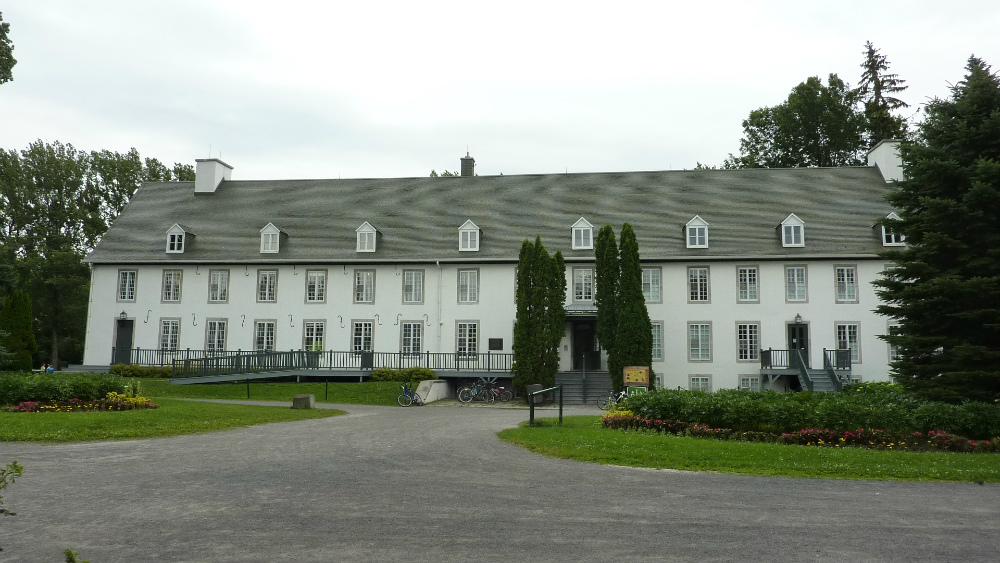Parcours d’engagement dans l’extrême droite québécoise : une ethnographie (2014-2017)
Frédéric Nadeau
This thesis highlights certain dynamics making it possible to understand the emergence of a wave of far-right movements in Quebec since the middle of the 2000s. More specifically, it provides answers to two general questions: 1) how do these extreme right organizations work and and 2) how and why does an individual get involved in this type of movement? To answer these questions, an ethnographic fieldwork was carried out between 2014 and 2017. Participant observations was conducted within three groups of extra-parliamentary activists: Atalante, the Fédération des Québécois de souche (FQS — Federation of old-tock Quebecers) and the Société pour l’avancement et le respect de traditions (SPART — Society for the advancement and respect of traditions). These participant observation sessions were then supplemented by “life story” interviews, conducted with ten activists. First, the thesis brushes a portrait of the three organizations and their modes of operation. It shows that groups interact within an ecosystem in which each occupies a role that is both specific and complementary, creating favorable conditions for the whole. While the SPART acts as a space of socialization and an interface between the groups, the FQS plays the role of an “ideological entrepreneur” and Atalante favours direct action and “street” activism. While activists are generally attached to a particular organization, they nevertheless circulate quite freely between groups, participating in each other’s activities and thus helping to maintain a dynamic ecosystem. The thesis also highlights the fact that these three organizations adopt a “metapolitical” approach, aiming not to exert a direct influence on public institutions, but to transform the way in which common citizens perceive the world and act within it. They seek to operate an ontological transformation and are, in this sense, engaged in a “cultural war”. Second, the thesis focuses on the individual experience of actors involved in the Quebec extreme right movement. It starts by identifying three typical pathways through which the actors establish initial contact with the movement: the counter-cultural path, the idealistic path and the self-quest path. Subsequently, analyzing their experience once they are engaged, we notice that regardless of the path followed, political engagement is largely experienced as a relationship with the Self : it is not apprehended as a contentious relationship with the state or public institutions, but translates into a series of daily actions and habits by which actors construct themselves as subjects. Daily life is infused with political meanings: going to the gym, following a certain diet, dressing a certain way, growing a garden, praying nightly, getting married, having children, etc. Their engagement thus takes forms that contrast with political action as we find it theorized in the dominant approaches of social movements studies. They are what I call “bodily” or “aesthetic” modes of political engagement: through the adoption of a certain discipline and lifestyle, activists experience politics through their own bodies and senses. To change the world, they must first change themselves. The last chapter offers some lines of analysis in order to interpret this phenomenon. By drawing parallels with other contemporary social movements adopting bodily modes of engagement, the thesis identifies a “recognition deficit” which affects a growing share of social actors across the political spectrum. In a context where citizens feel helpless and vulnerable vis-à-vis the transformations that affect their society; in a context where they feel ignored by institutions and betrayed by elites, bodily modes of engagement offer actors the opportunity to build themselves as subjects and acquire a share of agency in a world which otherwise seems to elude them.

Type of production: Thesis and dissertations
City: Montreal
Year of publication: 2020
Publisher: Thèse de doctorat en Études urbaines, sous la direction de Julie-Anne Boudreau et Valérie Amiraux, INRS
Language(s) of publication: Français
Keywords:
